Microsoft Surface RT "likely to be a one-off" device, claims source
Software giant is not plotting a wholesale move into hardware, claims Microsoft insider.
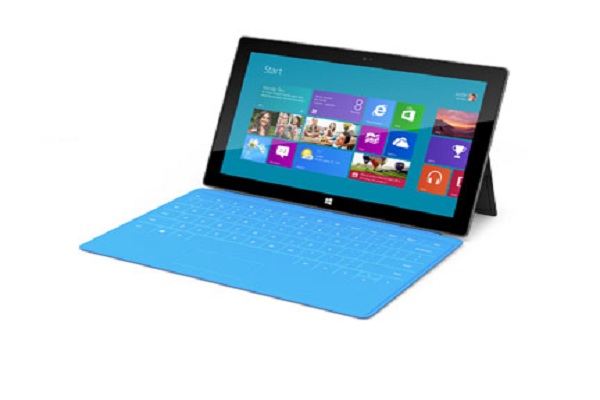
Sign up today and you will receive a free copy of our Future Focus 2025 report - the leading guidance on AI, cybersecurity and other IT challenges as per 700+ senior executives
You are now subscribed
Your newsletter sign-up was successful
The forthcoming release of Microsoft's first own-brand tablet, the Surface RT, is unlikely to herald a wholesale move into the hardware business for the firm.
This is the view of a Microsoft supply chain source, speaking to IT Pro under condition of anonymity, who claims the device is likely to be a "one-off" foray into hardware manufacturing for the vendor.
Microsoft is not planning to become a hardware vendor, they just want to create some disruption.
"Microsoft is only selling the [Surface RT] through Microsoft Stores and online...because they haven't got the manufacturing capacity to make it global," our source said.
"It is probably going to be a one-off product...they are not planning to become a hardware vendor, they just want to create some disruption in the tablet, iPad market."
The ARM-based Surface RT tablet will go on general release from 26 October to coincide with the software giant's wider Windows 8 launch.
The Surface RT will not allow end users to run desktop applications, apart from those that come pre-installed.
Sign up today and you will receive a free copy of our Future Focus 2025 report - the leading guidance on AI, cybersecurity and other IT challenges as per 700+ senior executives
Instead, users of the device so called because it runs the Windows RT operating system will only be able to use Metro-style apps.
A more businessfocused version of the device, Surface Pro, is expected to go on sale in early 2013, which will allow users to run both desktop and Metro-style apps.
Andrew Buss, service director at IT analyst house Freeform Dynamics, said Microsoft's go-to-market strategy with Surface is probably a concession to its OEM partners, who may have felt sidelined by the product's release.
"They know having a device of their own is in conflict with their OEM partners and it won't be long before we see ARM-based devices from other vendors, including Lenovo, Dell and HP," said Buss.
"So, I think having the device available through limited channels is a way to minimise the competition with their partners."
IT Pro was awaiting a response from Microsoft to this story at the time of publication.
-
 How the rise of the AI ‘agent boss’ is reshaping accountability in IT
How the rise of the AI ‘agent boss’ is reshaping accountability in ITIn-depth As IT companies deploy more autonomous AI tools and agents, the task of managing them is becoming more concentrated and throwing role responsibilities into doubt
-
 Hackers are pouncing on enterprise weak spots as AI expands attack surfaces
Hackers are pouncing on enterprise weak spots as AI expands attack surfacesNews Potent new malware strains, faster attack times, and the rise of shadow AI are causing havoc
-
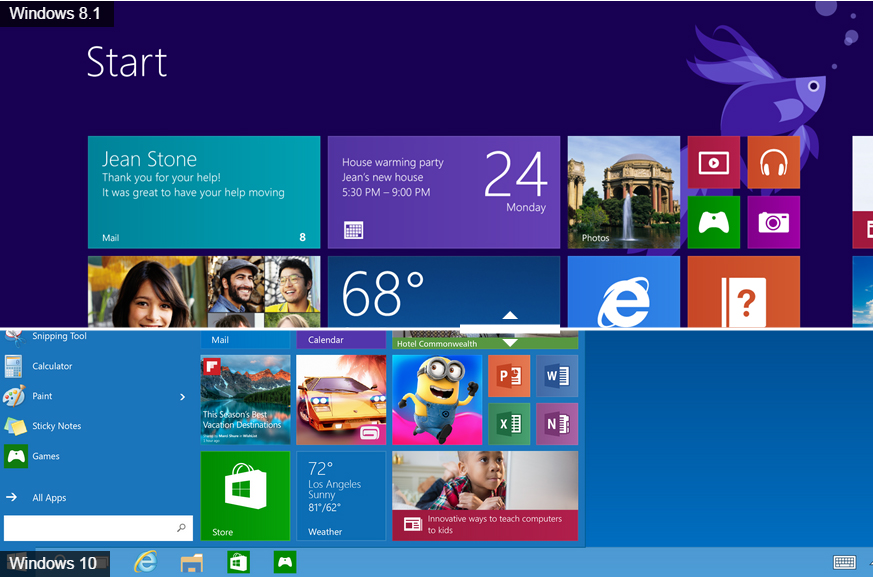 Windows 10 vs Windows 8.1: Which was the best operating system?
Windows 10 vs Windows 8.1: Which was the best operating system?Vs We rate Windows 10 vs Windows 8.1 in a number of key categories for professional use
-
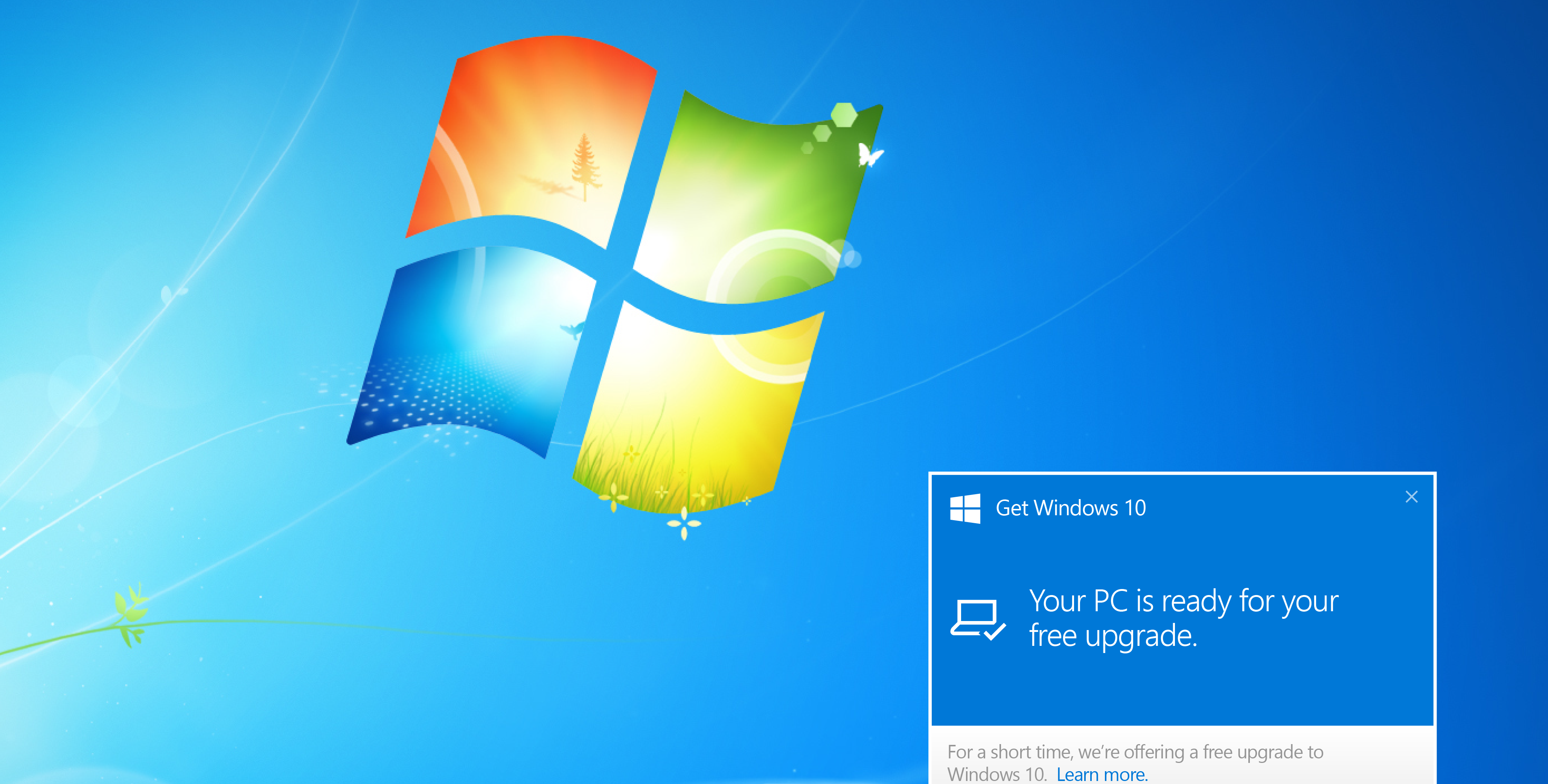 Windows 10 vs Windows 8.1 vs Windows 7 - Microsoft OS head-to-head
Windows 10 vs Windows 8.1 vs Windows 7 - Microsoft OS head-to-headVs We pit Microsoft's most popular operating systems against each other to see which is the greatest of all time
-
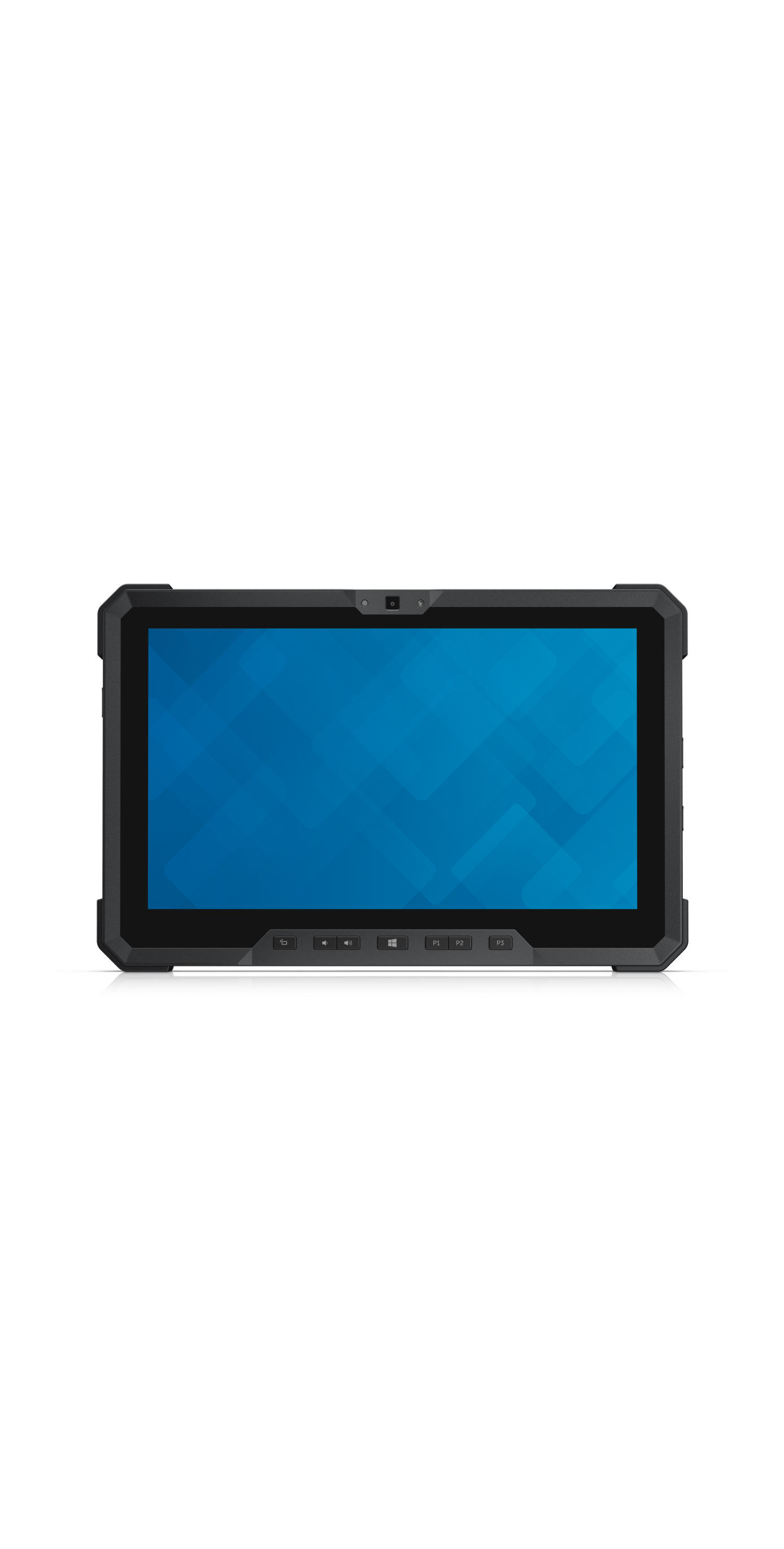 Dell Latitude 12 Rugged Tablet review
Dell Latitude 12 Rugged Tablet reviewReviews Dell's military-grade tablet wasn't rugged enough to survive IT Pro's Adam Shepherd
-
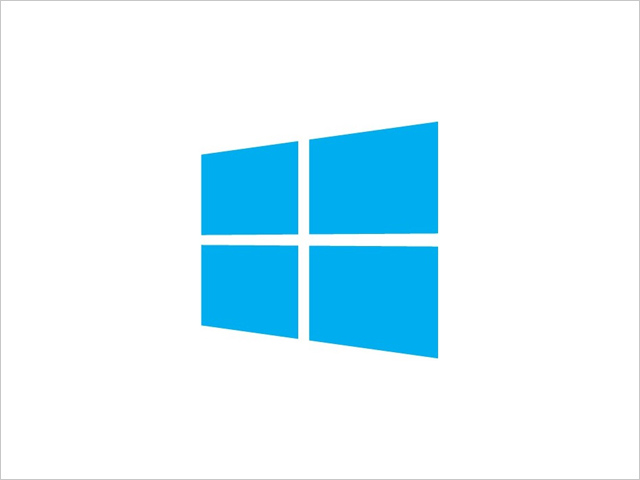 Top 10 Windows 8.1 and Windows 10 apps for 2015
Top 10 Windows 8.1 and Windows 10 apps for 2015Best Our collection of the best and most popular Windows 8.1and Windows 10 apps to download in 2015
-
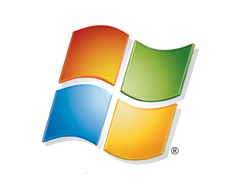 Windows 8.1 vs. Windows 7 – Which is best for you?
Windows 8.1 vs. Windows 7 – Which is best for you?Vs As Windows 10 draws nearer and Microsoft distances itself from older OS, we look at the best option for your PC
-
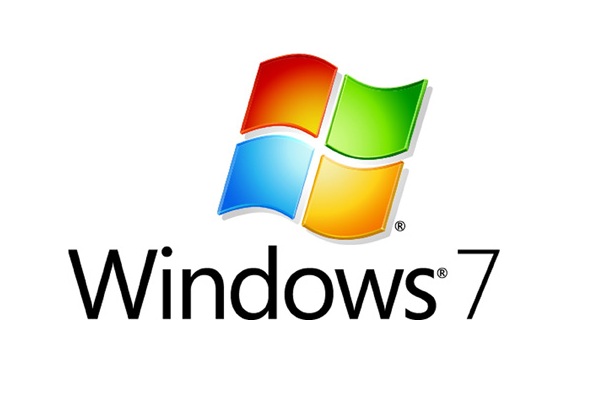 Windows 7 mainstream support ends tonight
Windows 7 mainstream support ends tonightNews When the clocks strike midnight, no more Windows 7 software improvements will come from Microsoft
-
 Windows 8.1 market share leaps ahead
Windows 8.1 market share leaps aheadNews Adoption of Windows 8 and 8.1 shot up in October, marking the OS’ biggest leap in market share to date
-
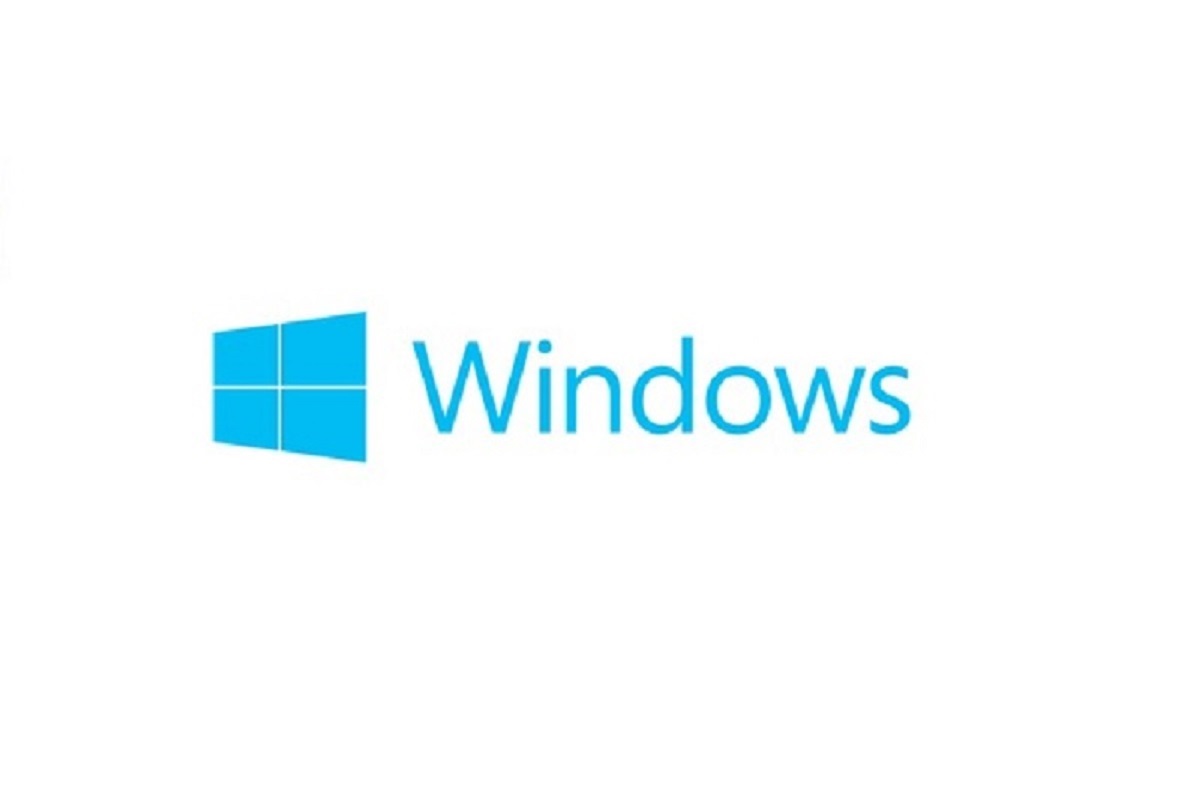 Windows 10: 10 Features we want to see
Windows 10: 10 Features we want to seeNews With the Windows 10 release date looming, here are the top features we want to see